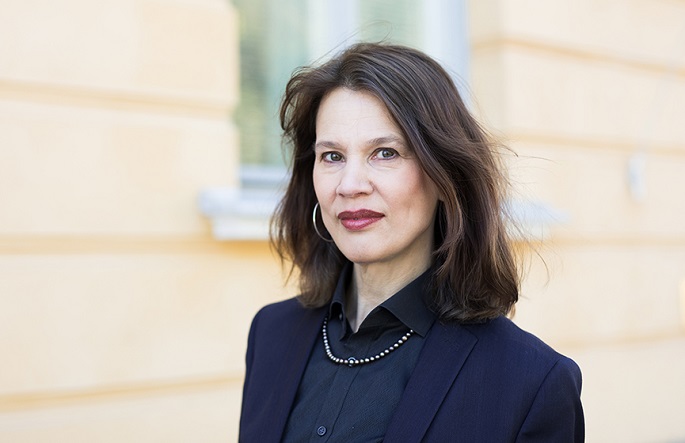Remote work changing Finnish economy, housing markets
Published : 23 Jul 2024, 23:24
Updated : 23 Jul 2024, 23:30
Remote work remains highly popular in Finland, according to Elina Pylkkänen, Permanent State Under-Secretary of the Ministry of Economic Affairs and Employment, reported Xinhua.
In a press release issued Tuesday alongside the latest employment statistics, Pylkkänen discussed the ongoing impact of remote work on the Finnish economy and society.
"The Finnish economy is adapting to increased remote work," but the full impact on personal lives and the economy, including time and money saved from reduced commuting, is still uncertain, Pylkkänen said.
In 2021, up to 41 percent of wage earners in Finland were working remotely to some extent, a figure that remained at 35 percent in 2023, despite the absence of pandemic-related justifications for remote work. In contrast, remote and hybrid work have seen much less adoption in Asian and South American countries.
Reduced mobility has affected direct services for commuters and business travelers, leading to broader economic impacts. The decreased need for support services contributed to the lackluster employment figures in June and spring, failing to show the anticipated improvement.
Pylkkänen, a leading Finnish economist, emphasized that the secondary effects of remote and hybrid work on individuals are still not fully understood. The potential changes in how people spend their time and money saved from reduced commutes remain uncertain.
The increased prevalence of remote work has significantly impacted larger towns and their housing markets. Smaller towns have seen population growth and higher demand for housing, but major Finnish cities are experiencing unprecedented levels of vacant apartments, Pylkkänen noted.
This trend in Finland mirrors that of its Nordic neighbors. In Stockholm, Sweden, the share of people working remotely has increased by 14 percent since the pandemic, while in Oslo, Norway, it has risen by 6 percent. Employees in Stockholm work from home an average of 2.1 days per week, while in Oslo, it is 1.4 days.


